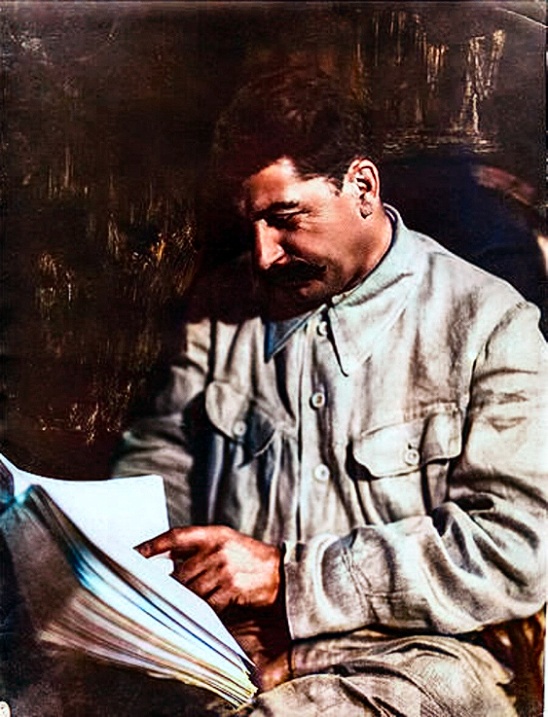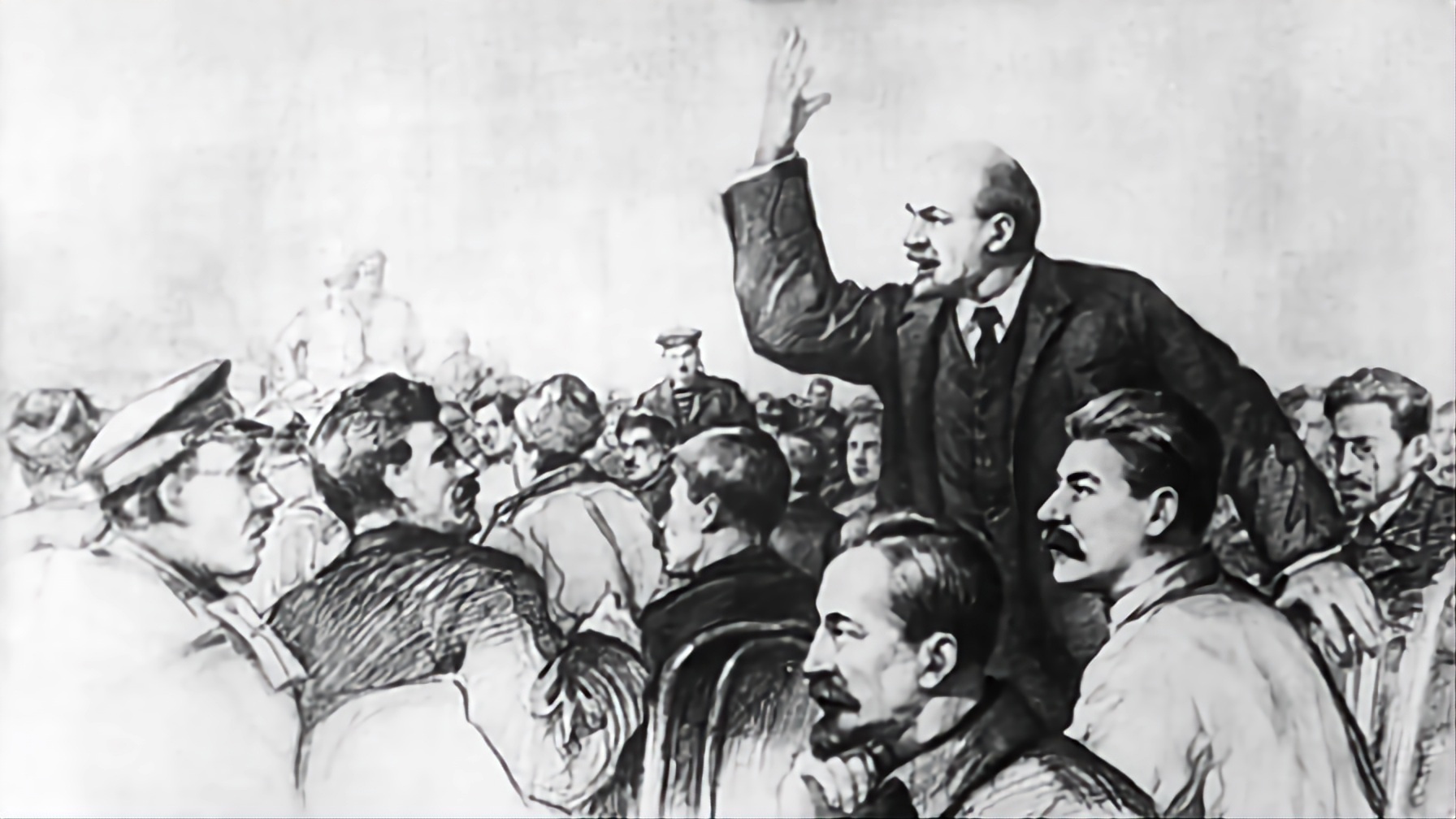

That’s a weird way to spell Brandon


That’s a weird way to spell Brandon


Nope, Chuck Testa
Synthesis: The answer to this question,
Does the left have anything to offer to Russia, China, etc? What does it mean for us to support them, or to withdraw our support?
is that it is inconsequential what an individual leftist believes, but it matters a great deal for national leftist organizations to connect and build solidarity with international leftist organizations. What the American left (for example) has to offer China is quite simply a counterpart in America which can participate in the broader socialist movement, which is mutually beneficial. If/when shit does hit the fan, the left has to be ready both theoretically and organizationally.
Completely agree about the need for theory to evolve with material changes.
Science needs to advance, but does it follow that every individual leftist needs to be preoccupied with theory, with becoming a scientist? For every Lenin there were millions of average people trusting in the party line that he and the Bolsheviks produced. Most Russian revolutionaries, of whom only a fraction were serious party members, likely did not have a strong grasp of theory outside of their own experience.
Western leftists (myself included) have to combat their latent liberalism, one form of which is a belief in the “marketplace of ideas.” This belief is the basis of electoralism, which as most lefitsts understand theoretically, is ineffectual in practice. Yet with so much emphasis on perfecting science, one has to wonder if the Western left has actually internalized the truth that the best idea does not inevitably win, that progress doesn’t follow inevitably from worsening material conditions.
We could have a perfect theoretical understanding of capitalism and it would not matter until the left has politically organized in such a way as to put that theory into practice. There are enough theorizers/philosophers/“scientists” on the left and not enough direct action and organizing.
Reading the abstract theory of Marx, Engels, Lenin, and Mao — it is too easy to forget the context in which those writings happen. Many believe that Marx invented communism, but his actual result was consolidating an otherwise disorganized proletarian movement under a single theoretical basis.
The manifesto itself was written intentionally watered down on some points so as to receive buy-in from various socialist factions. The intellectual disagreements between the factions worked themselves out because the correctness of this or that idea was demonstrated in practice. Engels wrote in his 1888 preface to the manifesto,
Marx, who drew up this programme to the satisfaction of all parties, entirely trusted to the intellectual development of the working class, which was sure to result from combined action and mutual discussion. The very events and vicissitudes in the struggle against capital, the defeats even more than the victories, could not help bringing home to men’ s minds the insufficiency of their various favorite nostrums, and preparing the way for a more complete insight into the true conditions for working-class emancipation. And Marx was right. The International, on its breaking in 1874, left the workers quite different men from what it found them in 1864. Proudhonism in France, Lassalleanism in Germany, were dying out, and even the conservative English trade unions, though most of them had long since severed their connection with the International, were gradually advancing towards that point at which, last year at Swansea, their president [W. Bevan] could say in their name: “Continental socialism has lost its terror for us.” In fact, the principles of the Manifesto had made considerable headway among the working men of all countries.
Leftist theory does need to advance, but not through contemplation alone. It needs to be tested in practice. And I think that is what JT is saying here, that theoretical correctness is secondary to direct action.
I really agree with this but I’ll add a little more. A lot of the theory written by people like Marx, Engels, Lenin, and Mao occurred in the context of historical upheaval during which theory was absolutely necessary to chart a path forward for an actually existing political movement. So those writings should be understood first as practical and only second as abstractly philosophical.
Theoretical development is still worth doing in order to prepare, but there is way too much emphasis on abstract correctness over real successes.


No you have to understand exactly which soyjack I felt while reading theory


This just made me so hungry. Looks good


Deez nuts
History began in 2022, so middle seems about right


Among the funhouse images of fake children crying in the street and police officers saving inexplicably huge Bibles from the rain, countless depictions of Jesus Christ seem to take up an outsized amount of AI real estate.
had to see the huge Bibles…

lol


I read the Phenomenology of Spirit every night before bed, or the Logic if I’m feeling extra burned out. Light work really. Smh



modlog
Hahaha look at this nerd who hasn’t read about contradiction in Hegel! Embarrassing



Salmon soup (lohikeitto) is common to find in most Finnish markets and restaurants. Usually exactly as you described, large vats of soup and bowls that are quickly served to each person.
Another perfect food on a cold Finnish winter day is rice pudding (riisipuuro). It has all the advantages of soup but it’s also sticky, so no concern of clumsily spilling soup while wearing thick gloves/mittens.
Ramen, pho, and other soup styles are also common streetfoods (not in Finland) for the benefits you mention


You’re right, I was thinking my bike was a lot lighter, but it’s 12 kg. So not too far off.


I was curious if bamboo was really that beneficial over steel which can be recycled. For example, the glue might complicate disposal of the bamboo similar to how the epoxy used for carbon fiber frames complicates their disposal.
I found this study[1] on the topic from 2016 which claims that “the overall environmental impact of the bamboo bicycle frame is about 50% less than aluminium and about 30% less than steel bicycle frames in all impact categories, except Freshwater Aquatic Ecotoxicity and Terrestrial Ecotoxicity.”
Sounds like an improvement. I hope they can find a way to reduce the weight because 15kg is very heavy compared to my steel bike.


As if ironic bigotry is ever funny anyway. It’s how many right wingers ease into full blown reaction. I think Elon Musk was like that at first? It’s like the equivalent of killing small animals being a warning sign of future violence against humans


If the slime is weird enough then nobody will want plastic anymore. It would rot within days like old bread


Lemmitors were made up to make Hexbear mad
deleted by creator